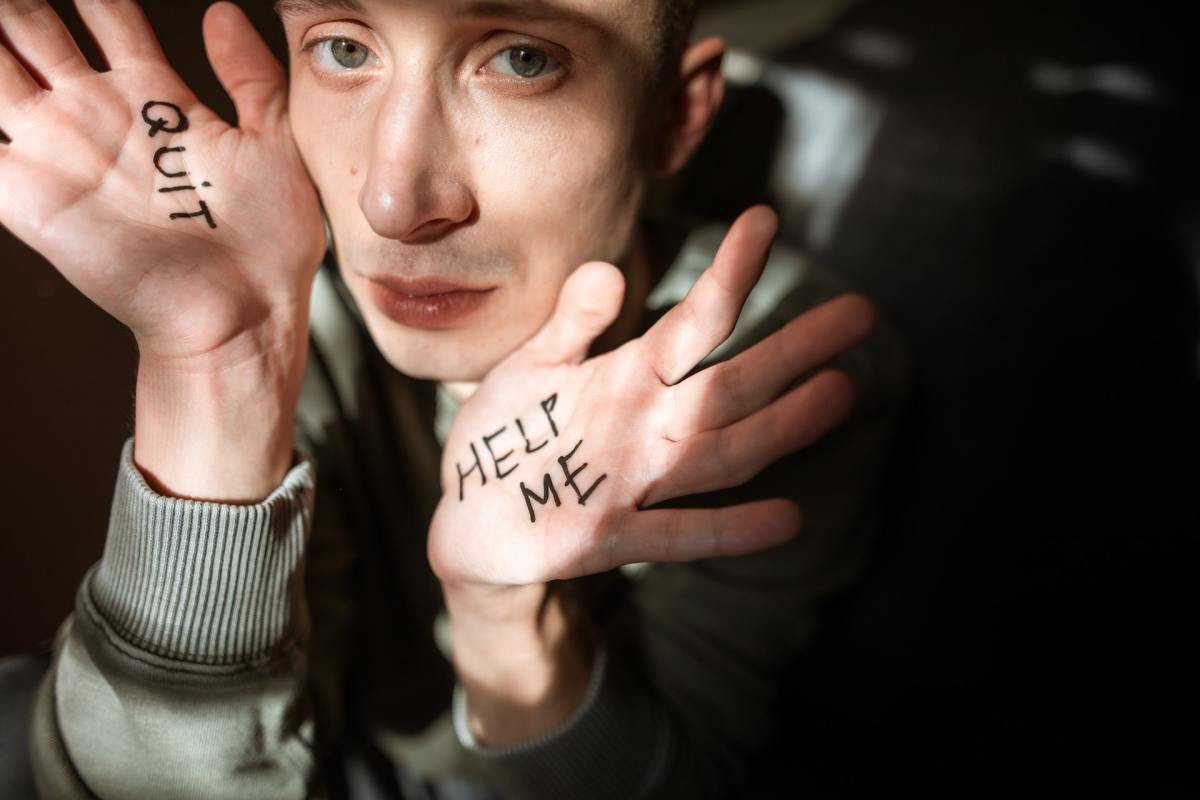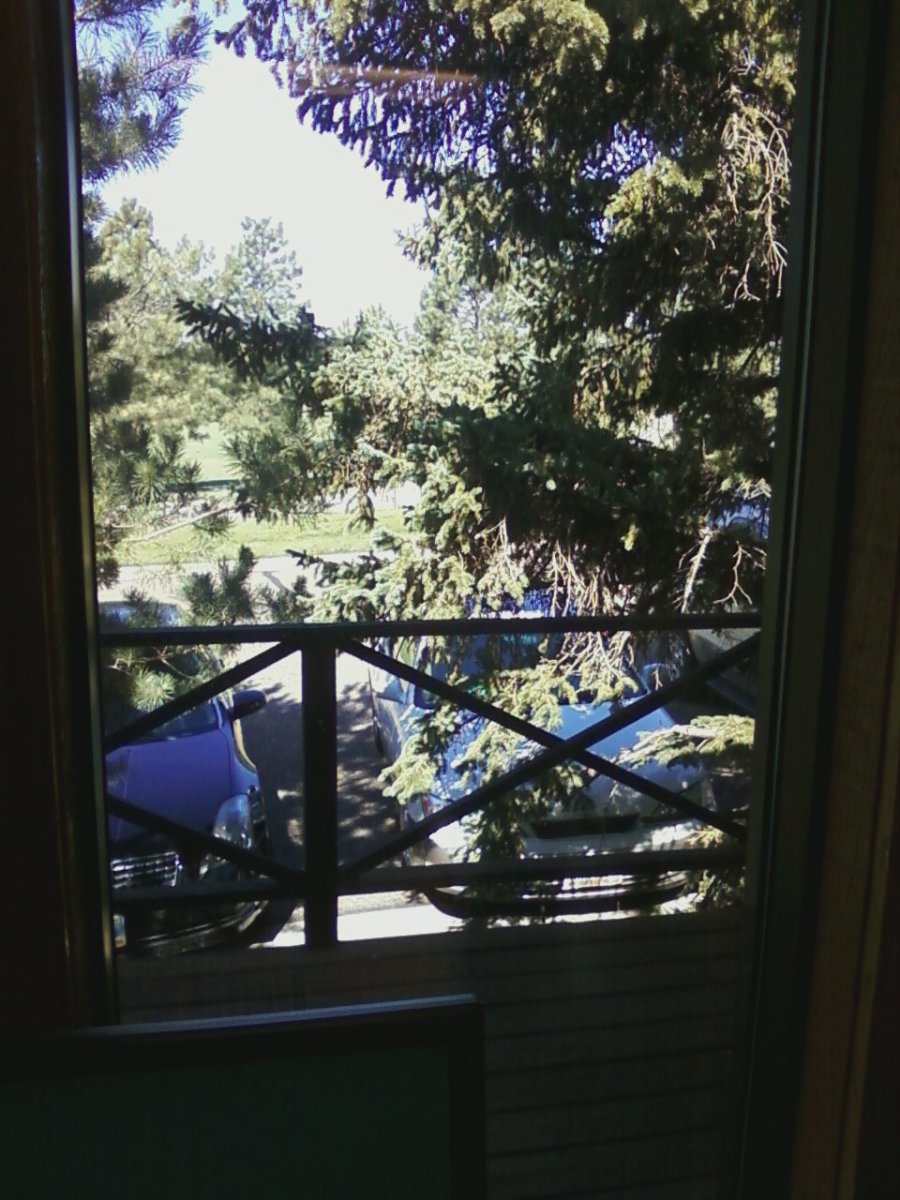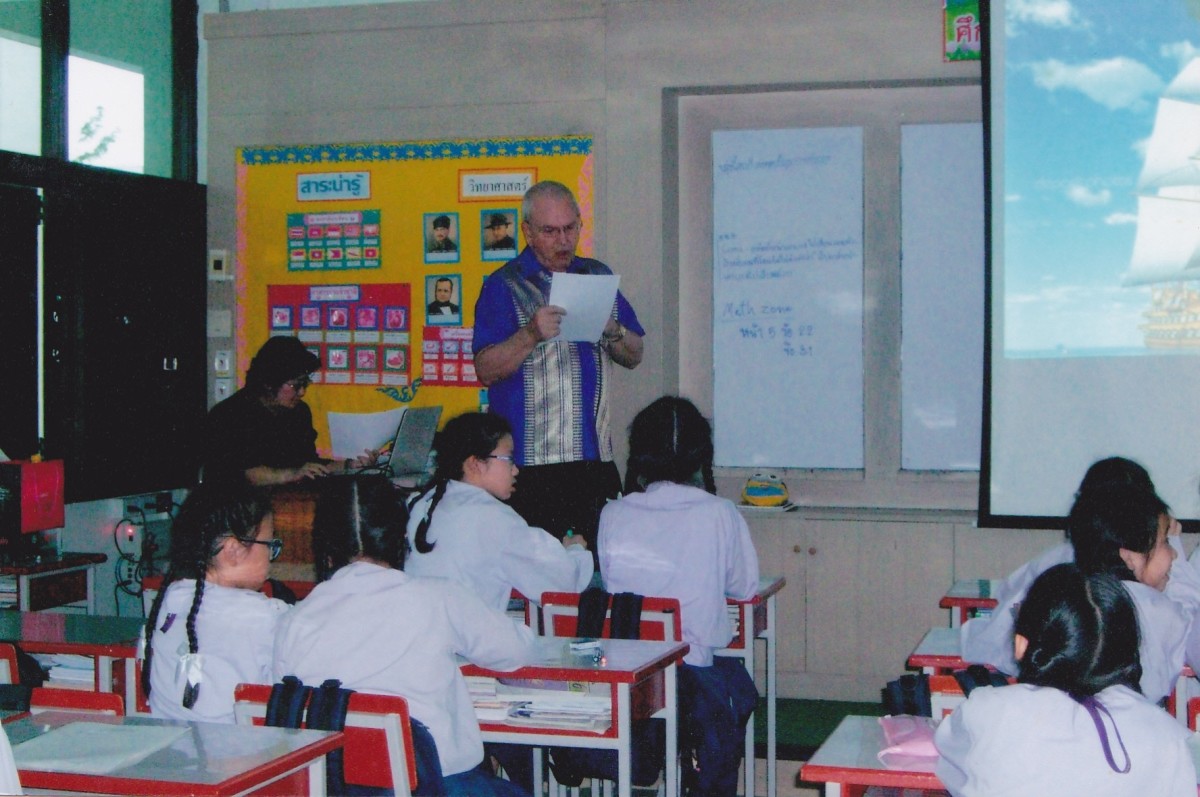Generalized Peter’s Principle for Life.
What is the Issue?
Why is human society never in a state of peace? This was (even now is) the question that prompted me to start many of my books and most of my ‘hubs'.
While exploring a particular case of upheaval, whatever reason I could find within the lingering discontent in the society, was further examined in those writings. The most potent conclusion one could derive from this was this - the perennial discontent of human race, is nothing but a leftover from the post mating trauma of the animal world.

Why is it an Issue
Is that it? Why is that we are not able to realize the presence of something as natural as that, and take appropriate corrective steps? Or, aren’t we accommodating this as one of the distinct features of human race, just like all other species living comfortably with the post-mating ordeal? If so, how exactly does it manifest while giving rise to such disturbances? Won’t there be some additions to our life, both external and internal, that is causing this? If so, what are those?


The Answer..
The answer, I thought, lies in the ways we put our faculties to use. In my search for an answer, I happen to recollect Peter’s Principle. That, managers tend to rise to the level of their incompetence. And, eventually, all positions in an organization will come to be held by individuals who are incapable of fulfilling their roles. But, I think this has a more inclusive, rather universal, significance. As far as we are concerned, each of our faculty can be considered as a manager, whose responsibility lies in keeping our level of comfort, satisfaction, etc., high, while being constantly responsive to external inputs.

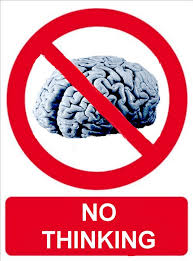
Let us examine the manner we put our faculties to use and, how adequately each one meets its intended end. Take, for example, the way we take care of our children. We love them so greatly that they hardly get an opportunity to use their own faculties, even for essential needs like standing up and walking. And our children have been growing up in this manner, to an age at which it is impossible for others to help them, that too in all other dimensions of life, as well. Either because we don’t happen to see, or because none of us want to acknowledge, the strangeness of this fact, that a newly born human offspring is totally incapable of looking after itself unlike all other forms of life, escaped our attention. And the oft repeated truism – that human children have a greater dependency, makes this into a widely accepted theory too. (What is the need to perpetuate such a scientific reason, if not to make sure that none of us will ever think of questioning this?)
Though we say humans are intelligent, it is only a possibility, that too only when we assess some of our prepared actions or responses like our exploits in science and technology. On all other matters, we make it a point to choose the most irrational of the possibilities, often with a great excuse – these things are beyond the comprehension of man. The way we put our intelligence to use is a good example; maximum use is towards finding fail-safe techniques of destroying ourselves!
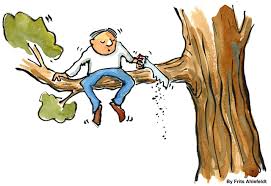
The Hypothesis..
Assume that man has a desire to choose the irrational. Since it is impossible to continue living, if one is to go irrational on matters that are within the realm of the material, one grudgingly chooses to identify oneself as a rational being. (Remember, humans are quite peaceful when it comes to irrational affairs, a k a spiritual world) At present we won’t have memory of this, this transition must have happened generations back! Over time, this grudge seats itself as an established part of humans, which regularly leads to conflict. A bunch of eventualities then follow, each one of those offering a fresh opportunity for observation, consideration and reflection. The repercussions of this activity by the learned, when percolated down to the masses, result in a society which is in constant churning, giving rise to instances of unrest and violence.
How do You Feel?
Spiritual is Irrational
Peter's Principle for Life
Then this is nothing else, but Peter’s Principle appropriated for life. Evolution continued as long as the evolved being remained at its level of competence. Or, as long as it was competent enough to face the travails of living one's life, each and every species continued to evolve, giving rise to newer and newer forms of life. Thus, with human, life is reaching its level of incompetence. A lingering discontent, notable by its absence in all other forms of life, thus came to be a staple part of all humans. (This discontent, and how it leads us to choose the irrational, has been discussed in my book, The Unsure Male.)
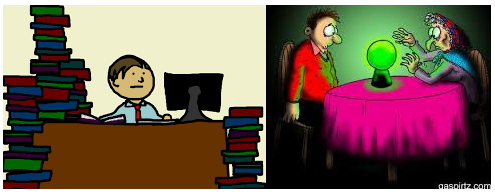
Incompetent Life = Man
Another proof could be noticed if we are to compare the way we appreciate the present and, the manner in which we understand the past, or think of the future. A difference in approach can be easily noticed. We aim to be quite realistic and progressive in our actions, which we achieve, perhaps after a few erroneous steps, when it comes to anything to do with the present. But our appreciation of the past, or our expectations of future, does not seem to have a clear direction. In some cases, we seem to take sensible, quite rational steps in finding the roots of the problem, and in many cases, we blindly accept certain obscure, hazy ideas. Why this dichotomy? Isn’t it arising out of the dormant discontent? A sign that we are all at our levels of incompetence? That is, man is the life's level of incompetence?

